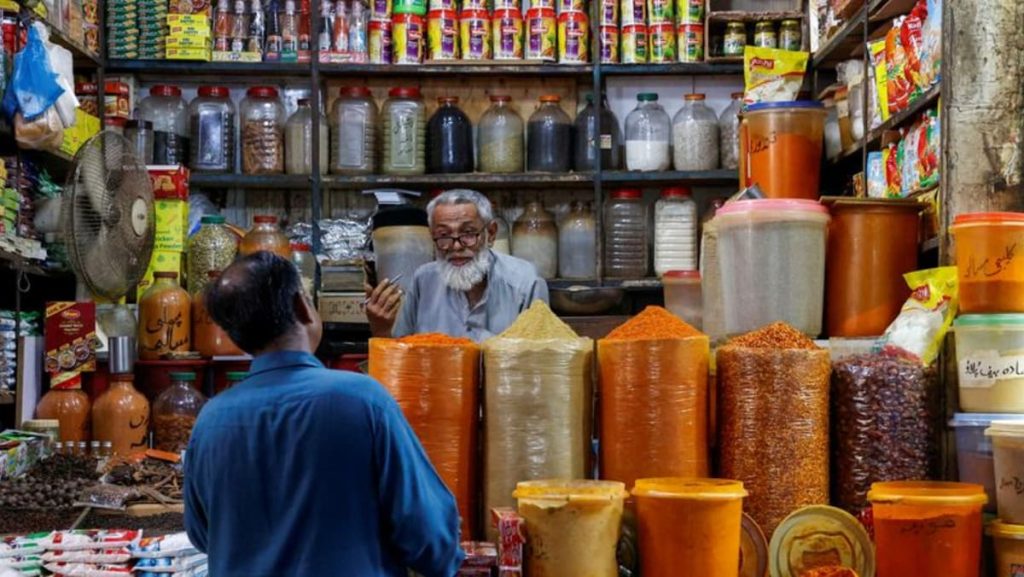The finance ministry of Pakistan expects inflation to range between 12 per cent and 13 per cent in July, easing further to 11.0 per cent to 12.0 per cent in August, according to a monthly economic outlook released on Tuesday. These figures are closely watched by the central bank, which recently cut rates for the second time in a row in response to previously surging inflation. Inflation figures to be released on Thursday are expected to reflect these trends.
The government has been able to reduce the fiscal deficit to 4.9 per cent of GDP between July 2023 and May 2024, down from 5.5 per cent last year. This improvement is seen as a positive development, especially in the context of Pakistan’s recent agreement with the International Monetary Fund for a US$7-billion-loan programme. This IMF deal includes tough measures such as higher taxes on farm incomes and electricity prices, which have raised concerns amongst the poorer and middle-class population who are already struggling with the threat of inflation and higher taxes.
In recent months, inflation in Pakistan has shown signs of slowing down after peaking at more than 30 per cent in 2023. The consumer price index (CPI) rose by 12.6 per cent in June compared to the previous year. Despite this improvement, the pressure remains as one Islamist party has organized protests and threatened sit-ins in major cities if the government does not take urgent action to address the issue of rising prices and inflation. This indicates the level of public concern and frustration over the economic situation in the country.
The recent cuts in interest rates by the central bank indicate a proactive approach to managing inflation and stabilizing the economy. The government’s efforts to reduce the fiscal deficit and strike a deal with the IMF are steps towards improving the economic situation in Pakistan. However, the implementation of tough measures such as higher taxes and electricity prices as part of the IMF loan programme may continue to burden the average citizen, especially the lower-income and middle-class segments of the population who are already feeling the impact of inflation and rising costs.
In this challenging economic environment, the government faces the task of balancing the need for economic reforms and stability with the concerns and well-being of the general population. Managing inflation, reducing the fiscal deficit, and addressing the impact of measures imposed under the IMF agreement will require careful navigation and strategic planning to ensure sustainable economic growth and alleviate the burden on the most vulnerable segments of society. It is essential for the government to engage with stakeholders, address public concerns, and implement targeted policies to mitigate the effects of inflation and support economic recovery in Pakistan.


